Abandonar el barco / Abandon the ship (ESP/ENG)
"Nos rodea la tormenta y solo nos sostiene la fragilidad de una barca: una barca de papel a la que estamos atados solo por la mente. Existe la posibilidad de sobrevivir si nos lanzamos al mar pues la orilla está cerca, pero aunque sabemos que ya la barca de papel hace aguas y moriremos ahogados si permanecemos, una extraña fuerza nos impide el abandono… ¿Saltamos aunque no estamos seguros de saber nadar, o simplemente elegimos el placer de morir aferrados al papel húmedo?"
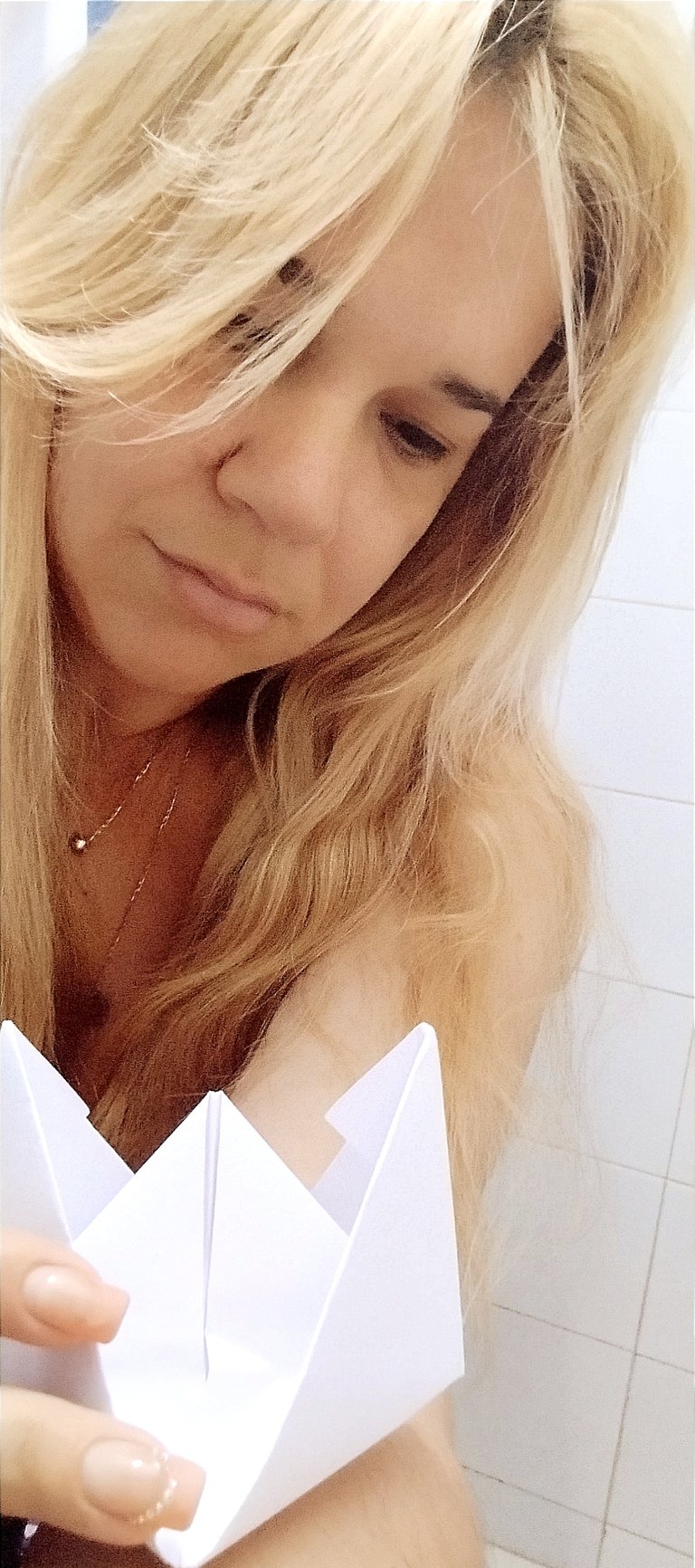
Esto no es un mal sueño, ni una escena de una película de domingo a media noche. Esto no es el inicio de un cuento o de una novela de aventuras. Sea pues, este el comienzo de un breve viaje hacia la búsqueda del amor propio en la iniciativa de @maylink, en su La Otra Orilla.
Tan a menudo nos aferramos a lo que ya ha dejado de funcionar, a lo que sabemos que solo lastima, y asimos con una fuerza descomunal las barandas de un edificio que se derrumba, o (repitiendo la metáfora) de un bote que hace aguas.
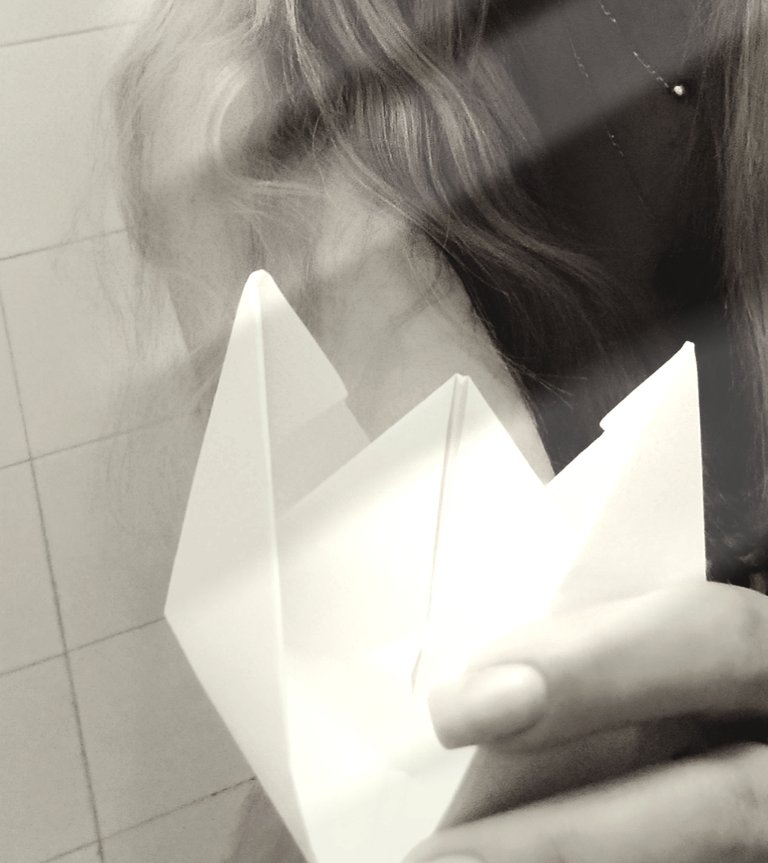
"El primer día fue el deslumbramiento y progresivamente el brillo ocasionó la ceguera. No importaban los silencios, la incomprensión, la aplicación de la ley del hielo una y otra vez. Nunca se tenía la certeza de conocer a este hombre de carne y hueso. En ocasiones se asemejaba más a un fantasma. Pero eso y la caída gradual de la autoestima en un pozo sin fondo era secundario e irrelevante. Simplemente no podía dejar de estar allí ante la primera llamada… no podía decir NO . ¿Qué hacer con el vacío que ocasionaría su ausencia? Créame si les cuento que el final fue triste y terminó en un frío quirófano… Tan cercana estaba la orilla, era tan fácil evitar el ahogo."
¿Por qué es tan difícil abandonar el barco? ¿Les suena el síndrome de la rana hervida? Te acostumbras a que el trato empeore poco a poco, sin notar el daño hasta que ya es grave. Hemos muerto.
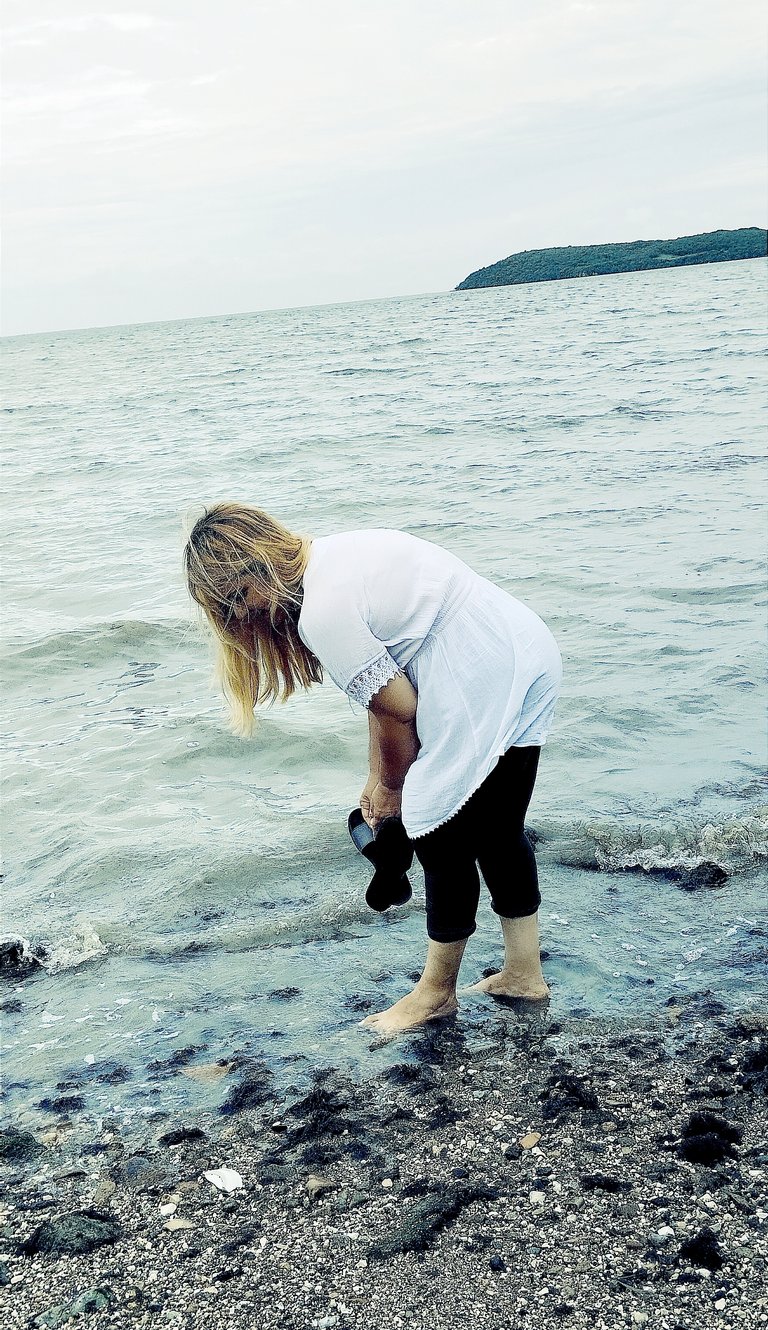
Dejar el barco no es un acto de valentía inmediata, es el resultado de un cansancio sagrado que te obliga a elegirte aunque duela. Ante las primeras grietas del navío, cuando aún las señales y banderas rojas las solemos esconder de nuestros ojos, ya se nos van comenzando a agrietar profundamente las cuerdas del alma, y entonces acaece ese naufragio emocional a modo de ahogo lento: respiras, pero solo el aire que te suministran; hablas pero desde el silencio al que te condenan; miras, pero hacia el suelo y jamás al cielo.
Si el barco tiene más agua que aire, más excusas que verdades, más miedo que paz… significa que es hora de saltar. Nunca esperes a que el barco zozobre por completo llevándose lo último que late en ti.
La verdadera tormenta no es dejarlo todo, es seguir allí, por ello la necesidad del salto, que no significa rendirse, significa salvarte a ti mismo antes. El amor propio llega como el salvavidas que llevas puesto, incluso cuando dicen que no lo necesitas.
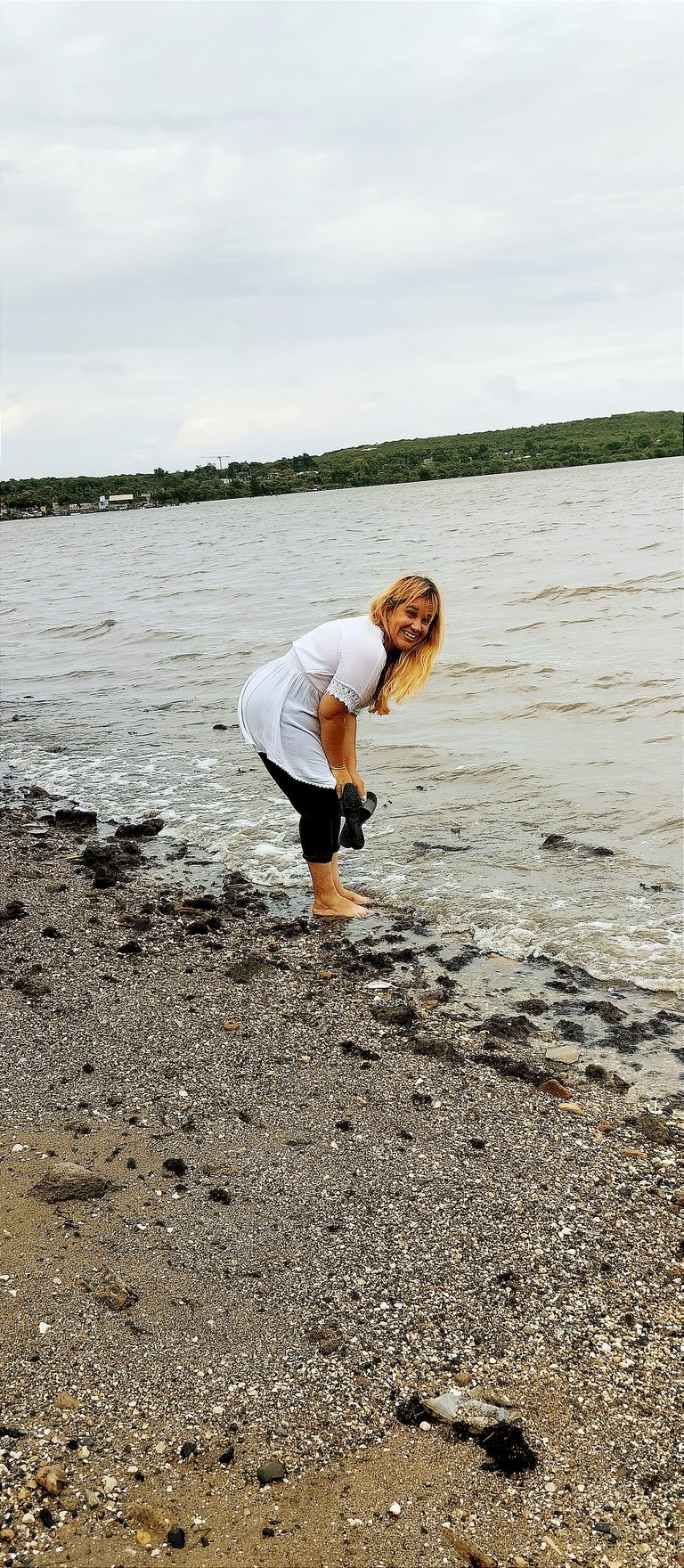
Al salir, recuperaras la brújula emocional, la certeza de que solo vale manejar el barco que lleva tus pies hacia la felicidad, a la plenitud.
Si la orilla está cerca, ¿Por qué seguir bailando en la cubierta del hundimiento?
Y cuando por fin se toca tierra firme, y la arena cálida rebase los tobillos, miraremos hacia atrás y ya no veremos el naufragio, solo la breve distancia que nos salvó.

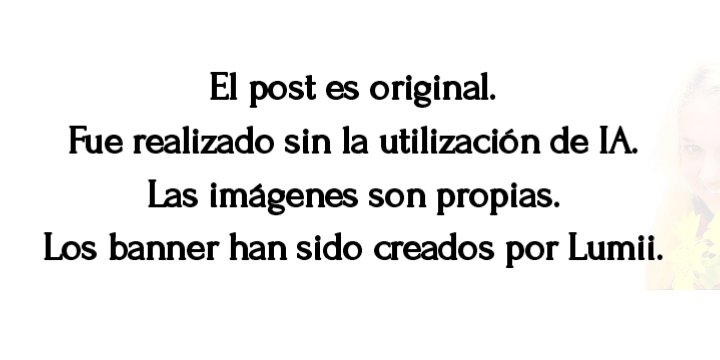
ENGLISH
"The storm surrounds us, and all that holds us up is the fragility of a boat—a paper boat, bound to us only by the mind. There’s a chance to survive if we leap into the sea, for the shore is near. Yet though we know the paper boat is already taking on water and we’ll drown if we stay, a strange force keeps us from abandoning it… Do we jump, even if we’re not sure we can swim? Or do we simply choose the fleeting pleasure of dying while clinging to the sodden paper?"

This is not a bad dream, nor a scene from a late-night Sunday movie. This is not the opening of a short story or an adventure novel. Let this, then, be the beginning of a brief journey toward self-love through @maylink’s initiative, La Otra Orilla (The Other Shore).
So often, we cling to what no longer works, to what we know only brings pain. We grip with monstrous strength the railings of a collapsing building—or, to repeat the metaphor, the sides of a sinking boat.

"The first day was dazzling, and gradually, that brilliance blinded me. The silences didn’t matter, nor the lack of understanding, nor the icy rejection applied over and over. There was never any certainty in knowing this man of flesh and blood. At times, he seemed more like a ghost. But that, along with the slow erosion of self-esteem into a bottomless pit, was secondary—irrelevant. I simply couldn’t stop being there at his first call… I couldn’t say NO. What would I do with the emptiness his absence would leave? Believe me when I say the ending was sad, culminating in a cold operating room… The shore was so close; drowning could have been so easily avoided."
Why is it so hard to abandon the ship? Does the boiled frog syndrome sound familiar? You grow accustomed to the mistreatment worsening bit by bit, failing to notice the harm until it’s too late. We’ve already died.

Leaving the ship isn’t an immediate act of bravery—it’s the result of a sacred exhaustion that forces you to choose yourself, even when it hurts. At the first cracks in the hull, when we still hide the red flags from our own eyes, the ropes of the soul begin to fray deeply. And so begins the emotional shipwreck, a slow suffocation: you breathe, but only the air they permit; you speak, but from the silence they impose; you look, but downward, never at the sky.
If the boat holds more water than air, more excuses than truths, more fear than peace… it’s time to jump. Never wait for the ship to capsize completely, taking with it the last flicker of life inside you.
The real storm isn’t leaving it all behind—it’s staying. That’s why the leap is necessary. It doesn’t mean surrender; it means saving yourself first. Self-love arrives like the life vest you’ve been wearing all along, even when they tell you you don’t need it.

Once ashore, you’ll regain your emotional compass, the certainty that the only boat worth steering is the one that carries your feet toward happiness, toward wholeness.
If the shore is near, why keep dancing on the deck of a sinking ship?
And when you finally touch solid ground, and the warm sand rises past your ankles, you’ll look back and no longer see the wreck—only the short distance that saved you.

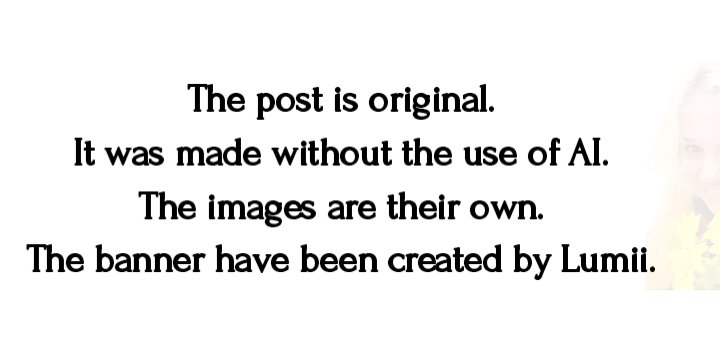
Excelente. Qué bien escribes. Me encantaron los paralelismos y la fluidez de tu texto.
Qué fotos y qué buen texto. Qué gusto leerte y viajar con tu reflexiva invitación, con ese paralelismo tan bien hilvanado. Tremendo aporte para la INICIATIVA de @maylink 👏✨
¡Bendito el quirófano que salvó la vida de quien naufragaba!
¡Hermosa e inspiradora manera de responder a una dinámica tan exquisita como esta!
¡Bravo!
Que hermosa metáfora, que manera dulce y firme de abordar el tema.
Un segundo hace la diferencia.
Gracias querida @neuropoeta eres muy lista con el escalpelo de la palabra. Gracias por llegar hasta mi orilla.
@tipu curate 8
Upvoted 👌 (Mana: 0/75) Liquid rewards.
Qué maravilla que hayas llegado a Hive con esta fuerza tan maravillosa. Te recibimos con un abrazo y espero con ansias cada uno de tus post!!!🤗🐚🌊
Excelente construcción del juego con metaforas y equivalencias...!!
Gusto en saludarte @neuropoeta, me ha encantado mucho la forma en que nos compartes tu percepción sobre el tema, El Amor Propio. Totalmente cierto:
Solo permitimos el hundimiento cuando las fuerzas del amor propio son débiles, y de una manera que no logramos entender se puede hundir una persona hasta un abismo profundo y oscuro cuando deja de amarse así mismo. El amor todo lo puede, lo sana, lo construye. Y es la mayor fortaleza que podemos tener para cuidarnos a nosotros mismos.